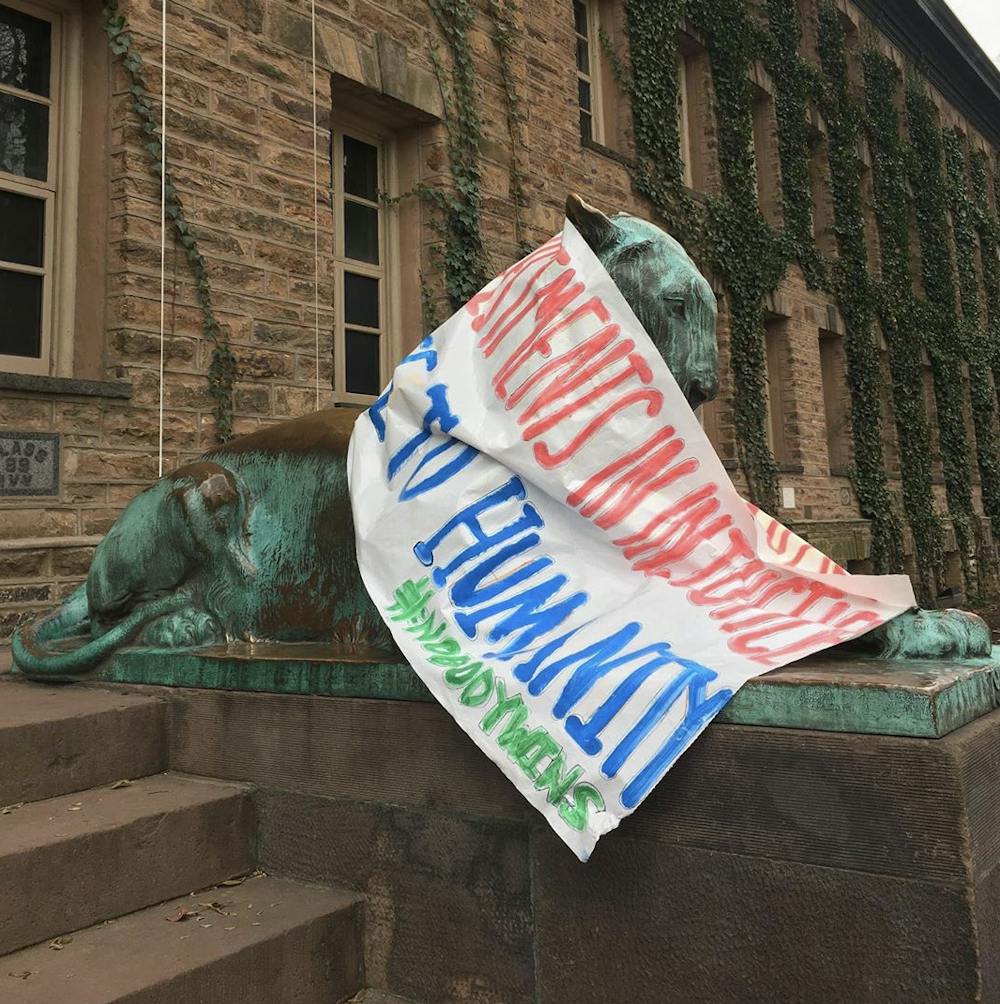The following is a guest contribution and reflects the author’s views alone. For information on how to submit an article to the Opinion Section, click here.
I will never forget the destruction and heartbreak I witnessed last year, as catastrophic wildfires tore through my home state of Oregon. Nine Oregonians died. Families lost everything. Entire communities were leveled. I drove six hundred miles across the state to meet with affected families and tour the damage, and I never broke free of the thick blanket of hazardous smoke that was covering the Pacific Northwest.
Climate chaos has arrived in Oregon. Fire season is longer and more destructive. The Cascade Mountain snow pack is smaller, reducing water for both our streams and our farms. The ocean is more acidic, affecting our sea life, and growing algae blooms are changing our streams and lakes.
Oregon isn’t alone. Across the United States, we have seen natural disasters fueled by climate chaos become more frequent and more extreme, destroying homes and businesses and impacting everyone, and putting a heavy burden on communities of color and low-income Americans.
Tackling climate chaos is the biggest challenge humanity has ever faced, and the very viability of our beautiful blue-green planet is at risk. So this moment is a moral moment that requires maximal effort from every quarter. Federal action is certainly critical, and I’ll keep pushing for that and regulations that rebuild our green economy. I’ve introduced and supported legislation like the Keep It in the Ground Act to make the Biden administration’s pause on new oil and gas leases on our public lands and waters permanent, and bills to end sales of gasoline-powered cars and transition to 100 percent clean and renewable electricity by 2035.
But federal action is slow, and every institution must jump in to assist. It is incumbent on every organization to help. And as one of the wealthiest, most influential universities in the world, Princeton must lead. Now that the Resources Committee has made their recommendations, it falls on the Board of Trustees to make the ultimate decision.
As an alumnus, I’ve been proud to see the students of Divest Princeton take their future into their own hands and push the University to divest from fossil fuels. By divesting its massive endowment from fossil fuel companies and reinvesting in clean energy, Princeton has the opportunity to double down on its mission to reduce its carbon footprint. Investing in clean energy means Princeton would actively support its academic efforts in climate research and invest in even more job creation and infrastructure in the rapidly growing clean market sector. I enthusiastically join more than two thousand Princeton alumni, students, faculty, staff, and parents calling on the University to divest.
The benefits of divestment are not limited to the health and well-being of our environment. Over the past ten years, the traditional energy sector’s performance has been in decline, reducing the energy sector’s share in global market capitalization. One analysis found that the New York State Common Retirement Fund, the third-largest pension fund in the nation, would have been $22 billion richer had it divested from fossil fuels ten years ago. That’s another powerful reason why I’ve been introduced legislation, the RISE Act, which would allow federal employees to invest their retirement savings in a responsible, sustainable portfolio.

Princeton University is in the business of creating the future. Through both its educational and research missions, the scholars and students of this incredible institution help us reimagine the possible and redefine the practical. To support that future-building mission, it is time we stop enabling a fossil fuel industry that is strangling our shared potential.
I call on Princeton University to lead and to be a part of the solution rather than part of the problem. It is way past time for the University to invest in a healthier, more prosperous, more just future for Princeton’s students and for all.
Senator Jeff Merkley GS ’82 represents the state of Oregon.









